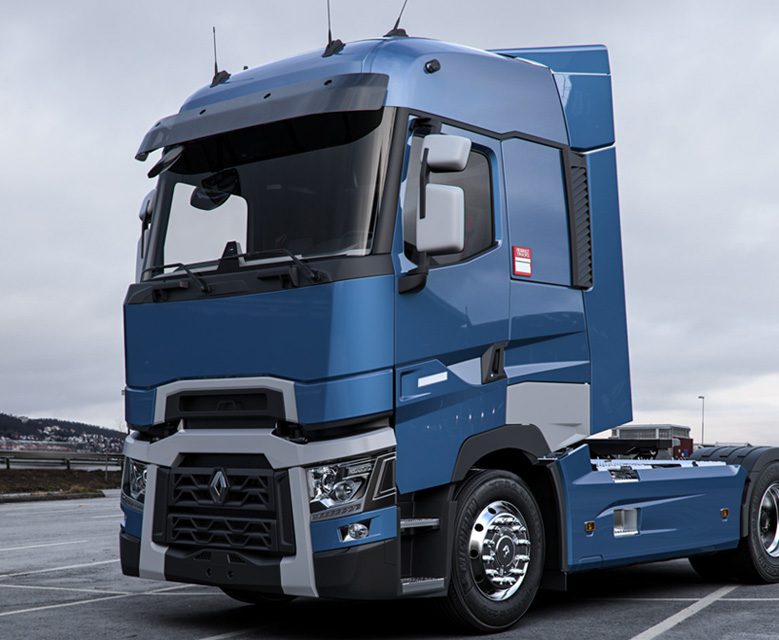Freight companies play a crucial role in Australia’s economy, ensuring the smooth transportation of goods across the vast continent and beyond its shores. This article delves into the landscape of freight companies in Australia, examining their significance, the types of services they offer, and the challenges they face.
The Importance of Freight Companies in Australia
Freight companies are integral to the Australian economy, enabling the efficient movement of goods from manufacturers to consumers. These companies support various industries, including agriculture, mining, retail, and manufacturing. Given Australia’s geographic vastness and diverse terrain, the role of freight companies becomes even more critical in connecting remote areas with urban centers.
Economic Contribution
Freight transport is a major contributor to Australia’s GDP. The sector not only facilitates domestic trade but also supports international exports and imports, making it a backbone of the country’s economic framework. Efficient logistics and freight services help reduce costs, improve supply chain efficiency, and enhance the competitiveness of Australian businesses in the global market.
Types of Freight Services in Australia
Australian freight companies offer a range of services tailored to meet the diverse needs of businesses. These include:
Road Freight
Road freight is the most common mode of transportation for goods within Australia. It is particularly important for moving goods over short to medium distances. Trucks of various sizes and capacities ensure that goods are delivered to urban, regional, and remote areas. Major road freight companies include Toll Group and Linfox.
Rail Freight
Rail freight is essential for transporting bulk goods over long distances. Australia’s extensive rail network facilitates the efficient movement of commodities such as coal, minerals, and agricultural products. Companies like Aurizon and Pacific National are leaders in the rail freight sector.
Air Freight
Air freight is the fastest mode of transportation, ideal for high-value and time-sensitive goods. Despite its higher cost, it is crucial for industries that require rapid delivery, such as pharmaceuticals and electronics. Qantas Freight and Virgin Australia Cargo are prominent players in the air freight market.
Sea Freight
Sea freight is vital for international trade, handling large volumes of goods transported between countries. Australia’s major ports, including Sydney, Melbourne, and Brisbane, serve as critical hubs for global shipping lines. Notable sea freight companies include ANL and Maersk Line.
Key Players in the Australian Freight Industry
Several major companies dominate the Australian freight landscape, each contributing uniquely to the sector’s growth and efficiency.
Toll Group
Toll Group is one of the largest logistics companies in Australia, offering comprehensive road, rail, sea, and air freight services. With a vast network and a commitment to innovation, Toll Group plays a pivotal role in the logistics industry.
Linfox
Linfox is another significant player, specializing in road and rail freight. Known for its extensive fleet and advanced logistics solutions, Linfox serves a wide range of industries, including retail, healthcare, and resources.
Aurizon
Aurizon is a leader in rail freight, providing bulk transport solutions for mining and agricultural sectors. Its extensive rail network and efficient services make it a cornerstone of Australia’s bulk freight industry.
Challenges Faced by the Freight Industry
While the freight industry is vital to Australia’s economy, it faces several challenges that need to be addressed to ensure its continued growth and efficiency.
Infrastructure Limitations
Australia’s vast and often rugged terrain poses significant challenges for the development and maintenance of transportation infrastructure. Ensuring that roads, railways, and ports are capable of handling increasing freight volumes is crucial.
Regulatory Compliance
Freight companies must navigate complex regulatory environments, both domestically and internationally. Compliance with safety standards, environmental regulations, and trade policies can be burdensome and costly.
Technological Advancements
Keeping up with rapid technological advancements is essential for maintaining competitiveness. Freight companies need to invest in modern technologies such as GPS tracking, automated systems, and data analytics to improve efficiency and customer service.
Future Prospects
The future of freight companies in Australia looks promising, with several trends poised to shape the industry.
Sustainability Initiatives
Environmental concerns are driving the adoption of greener practices within the freight industry. Companies are investing in fuel-efficient vehicles, alternative fuels, and sustainable logistics practices to reduce their carbon footprint.
Digital Transformation
The digitalization of logistics is revolutionizing the freight industry. Enhanced data analytics, real-time tracking, and automated processes are improving operational efficiency and customer satisfaction.
Expansion of Infrastructure
Investment in infrastructure development is essential for supporting the growing demand for freight services. Government initiatives and public-private partnerships are crucial in this regard, aiming to enhance the capacity and efficiency of transportation networks.
Conclusion
Freight companies are the lifeblood of Australia’s economy, ensuring the seamless flow of goods across the nation and beyond. Despite facing significant challenges, the industry is evolving through technological advancements and sustainable practices. As Australia continues to grow and develop, the role of freight companies will remain pivotal in connecting businesses and consumers, driving economic prosperity.




